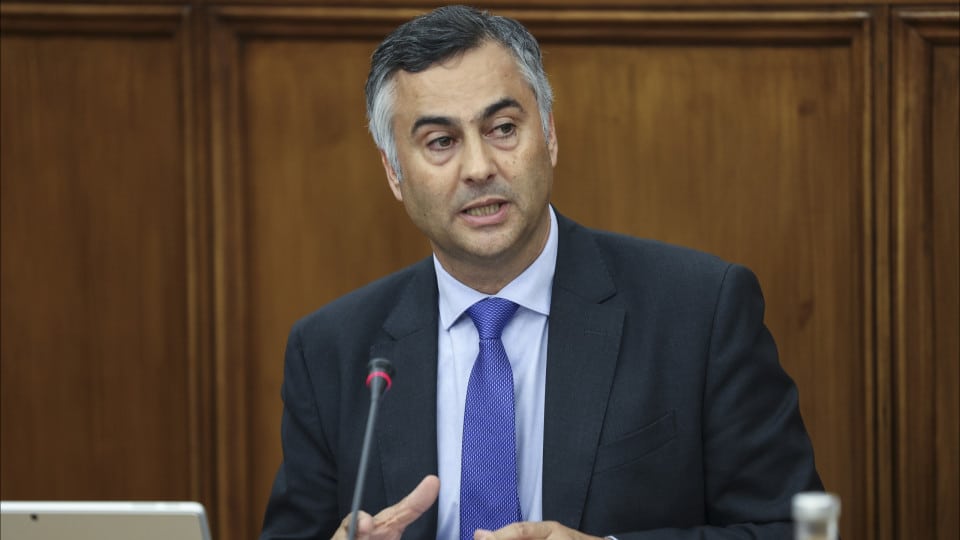“There is a very large project that is behind schedule, but we are taking measures to ensure deadlines are met to guarantee connectivity in all schools. In the last Council of Ministers, an extended package of more than 30 million euros was approved for the acquisition of data devices for internet connection, which will now go to international public tender, to ensure that students with digital textbooks have access,” explained Fernando Alexandre.
The government official spoke to journalists on the sidelines of the presentation of the OliveCôa project, which was presented today at the Côa Museum in Vila Nova de Foz Côa, in the district of Guarda.
The ministry aims to address existing deficiencies in data for “internet browsing” and access to respective digital textbooks.
“We are very committed to this matter, and it’s not enough to say that we’re going to make a digital transition without first ensuring the necessary resources for this to happen effectively,” emphasized Fernando Alexandre.
The Ministry of Education, Science, and Innovation will maintain digital textbooks in the next school year, but with an assessment of their impact on learning to decide on the continuity of the pilot project that has not convinced all schools.
The digital textbook pilot project will enter its fifth phase in the next school year, after involving about 24,000 students from the 3rd grade onwards in 103 schools this year.
However, according to the Ministry of Education, Science, and Innovation (MECI), the impacts of the digital format on student learning have not yet been evaluated. Therefore, the ministry will request an impact assessment study that could determine the project’s continuity from 2025/2026.
For now, the ministry clarified in response to Lusa, the same conditions remain for 2nd and 3rd cycle students, with the possibility of new classes adopting digital textbooks, but new classes from the 1st cycle and secondary education will not be integrated.
On the schools’ side, not all seem to be convinced about the digital transition at this level, and educational establishments that joined the pilot project last year are now backing out.
“Many schools are putting the projects on hold,” the president of the National Association of Directors of Public School Groups (Andaep) told Lusa. Without specifying, he explained that several decided not to extend it to more classes.
The problem lies mainly in the lack of technical conditions, considered Filinto Lima, who reported that the Internet connection often fails and not all students have computers.
The option to postpone the digital transition doesn’t displease parents either.
In May, a survey on the digital textbook pilot project, conducted by the Less Screens, More Life Movement, revealed that more than four out of five parents are dissatisfied and advocate for the end of the initiative.
On behalf of the National Confederation of Parents’ Associations (Confap), Mariana Carvalho recognized advantages in using digital textbooks but believes that conditions do not exist for replacing paper books.
In addition to Internet connection in schools, Mariana Carvalho added that classrooms don’t have, for example, outlets to charge all students’ computers, and often the devices don’t have the capacity for textbooks to be downloaded and used offline.
Last year, digital textbooks reached 24,011 students, mostly from the 3rd cycle (46.8%), followed by the 2nd cycle (28.5%), secondary (16.3%), and 3rd and 4th years (8.4%), according to data from the Directorate-General for Education.
It was the most participated year of the pilot project that started in 2020/2021, amid the COVID-19 pandemic, with about a thousand students in nine schools.









